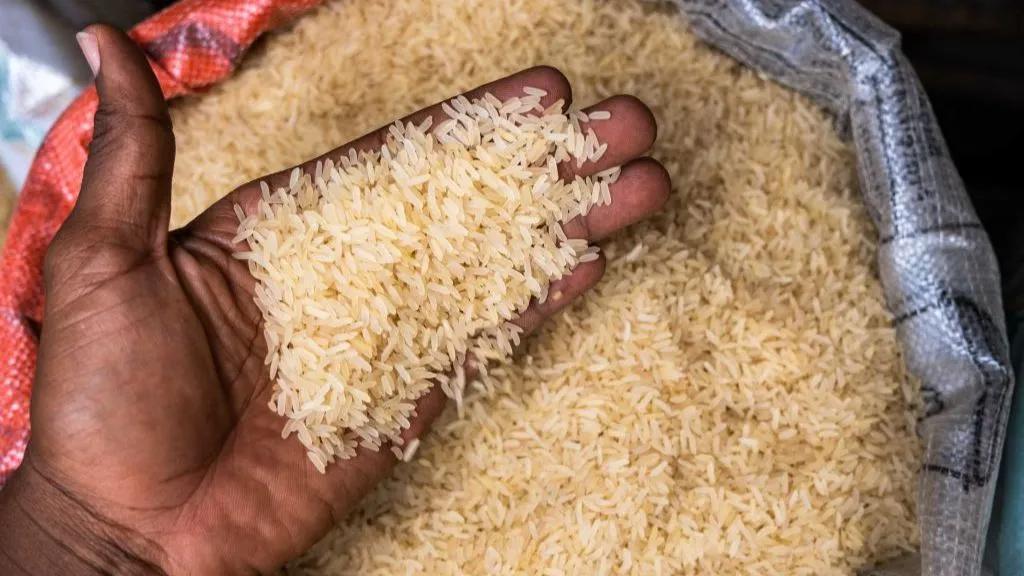Africa-Press – Uganda. In Kampala’s vibrant Nakasero Market, the rising cost of food has become an everyday burden for households already grappling with tight budgets.
Vendors and analysts alike are pointing to a convergence of factors—skyrocketing fuel and transport costs, expensive animal feeds, and erratic supply chains—as the drivers behind the steep price hikes.
From fresh produce to protein staples, market prices have seen notable increases in recent weeks, with some items becoming unaffordable to lower-income families.
A bunch of matooke (green bananas), a staple in many Ugandan homes, continues to fetch around Shs 30,000—a price that has held steady but remains high for many. Fresh cassava goes for Shs 1,500 per kilogram, while a cup of cowpeas costs Shs4,000.
Passion fruits, once abundant during the rainy season, have more than doubled in price, now selling between Shs400,000 and Shs450,000 a sack, compared to Shs250,000 to Shs300,000 previously.
Sweet potatoes, a key fallback food in times of inflation, have not been spared either. A heap of five large pieces now sells for Shs5,000, reflecting what vendors describe as a significant jump due to reduced harvests.
“Transporting goods has become more expensive due to the fuel prices. We have no choice but to increase our prices,” said a fruit vendor, arranging her passion fruits on a wooden stall.
“Even we as sellers are struggling. Sometimes we take home less food than we used to.”
Prices for meat have also soared. Beef ranges from Shs14,500 to Shs16,000 per kilogram, while goat meat, once a luxury reserved for weekends, now costs between Shs22,000 and Shs25,000 per kilogram—up from Shs18,000.
Chicken, especially the commonly consumed off-layers, is selling at Shs25,000, a sharp increase from Shs20,000 just weeks ago.
For many residents, the impact of this inflation is felt most at the dinner table.
“It’s becoming harder to afford basic food items,” said Rose, a mother of four shopping for cassava and greens. “We have to make tough choices—sometimes we just buy posho and beans and leave out meat altogether.”
Market analysts say the prolonged dry spell has worsened the situation by slashing yields and forcing producers to factor in the rising cost of irrigation or transportation.
Meanwhile, the persistent cost of fuel has driven up the prices of everything that needs to be moved, from rural farms to urban markets.
“There’s a cascading effect. If fuel prices go up, it affects every part of the supply chain,” explained an economist from a local policy think tank. “Animal feeds are also more expensive now, which explains the jump in meat and poultry prices.”
As consumers adjust their shopping lists, some are turning to community gardens and cooperatives in hopes of finding more affordable alternatives. Others are simply cutting back.
For now, vendors and shoppers alike are watching the skies and the policy space. An early harvest or a government subsidy could bring some relief.
Until then, families across Kampala will continue to navigate shrinking baskets and growing uncertainty.
For More News And Analysis About Uganda Follow Africa-Press






